Topical treatments are those that are applied directly to the skin rather than taken orally or injected. Topical treatments are the first line management for psoriasis as they are often combined with phototherapy. Topical treatments are safe & effective with minimal side effects. At Cutis Dermatology we use a wide range of creams treatments for psoriasis, including prescription & non-prescription products to help manage your psoriasis.
Key Points
- Topical treatments are often the first choice in milder forms of psoriasis
- Most psoriasis patients can benefit from topical treatments
- Topical treatments include anti-inflammatories, vitamin D & vitamin A
- Creams are best combined with phototherapy
Creams For Psoriasis at a glance
Our results speak for themselves
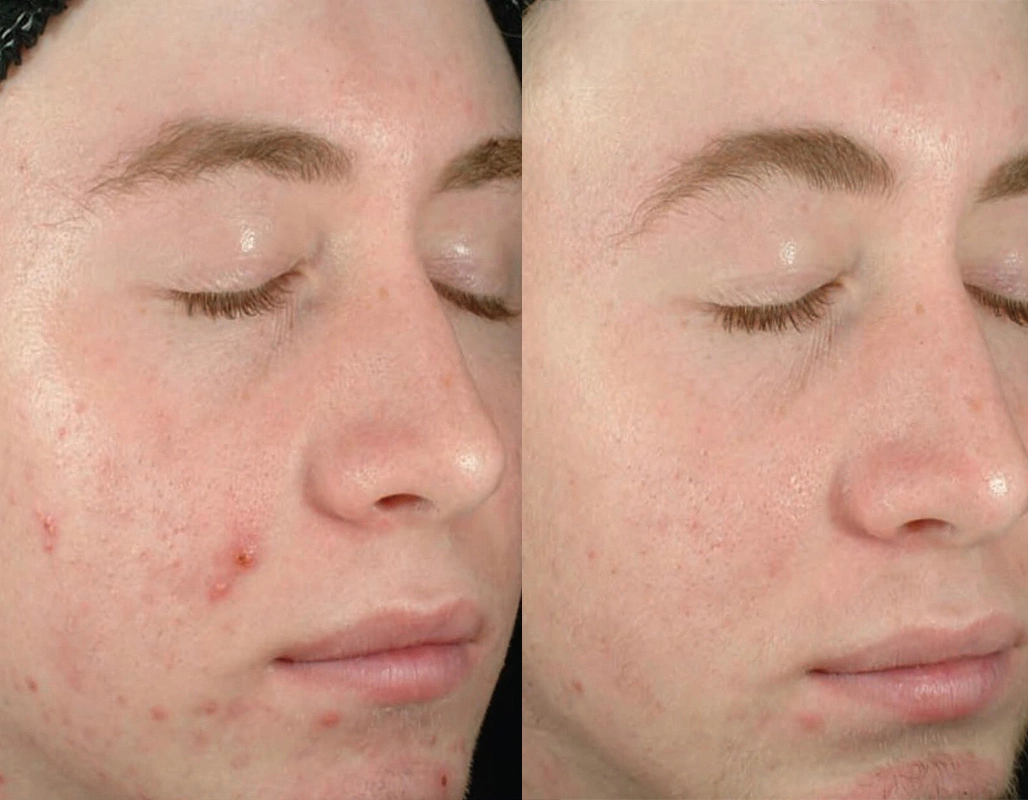
Before
After
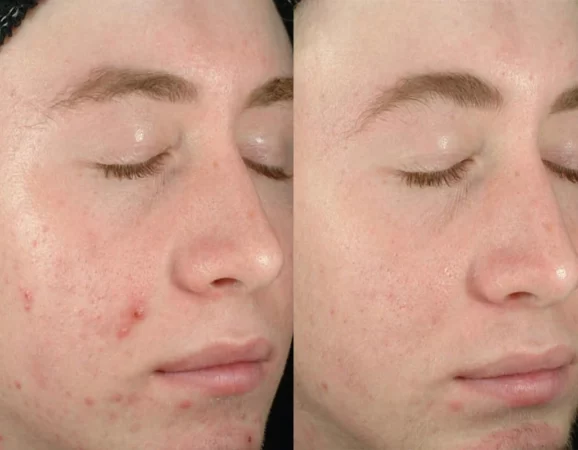
Salicylic acid chemical peel
Ask us more about this treatmant
Preferred Consultation
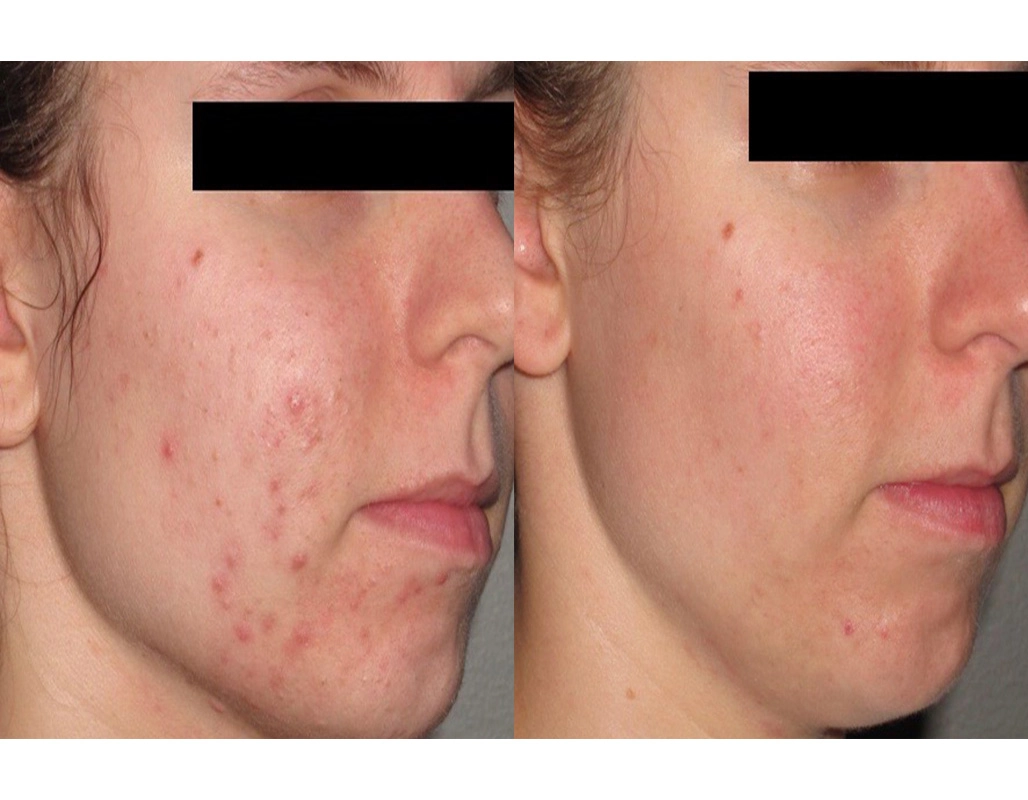
Before
After
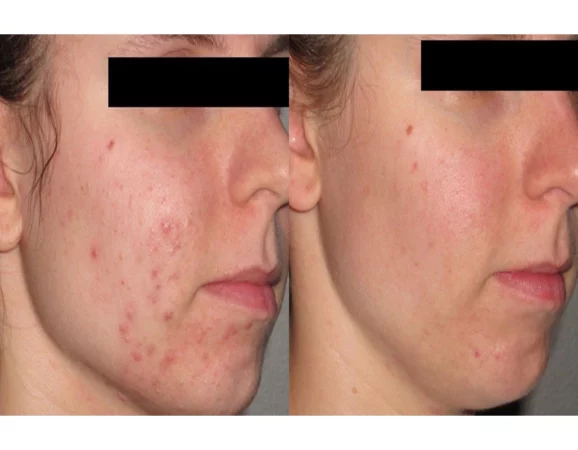
Chemical peels including salicylic acid & retinoic acid are excellent methods to reduce acne lesions
Ask us more about this treatmant
Preferred Consultation
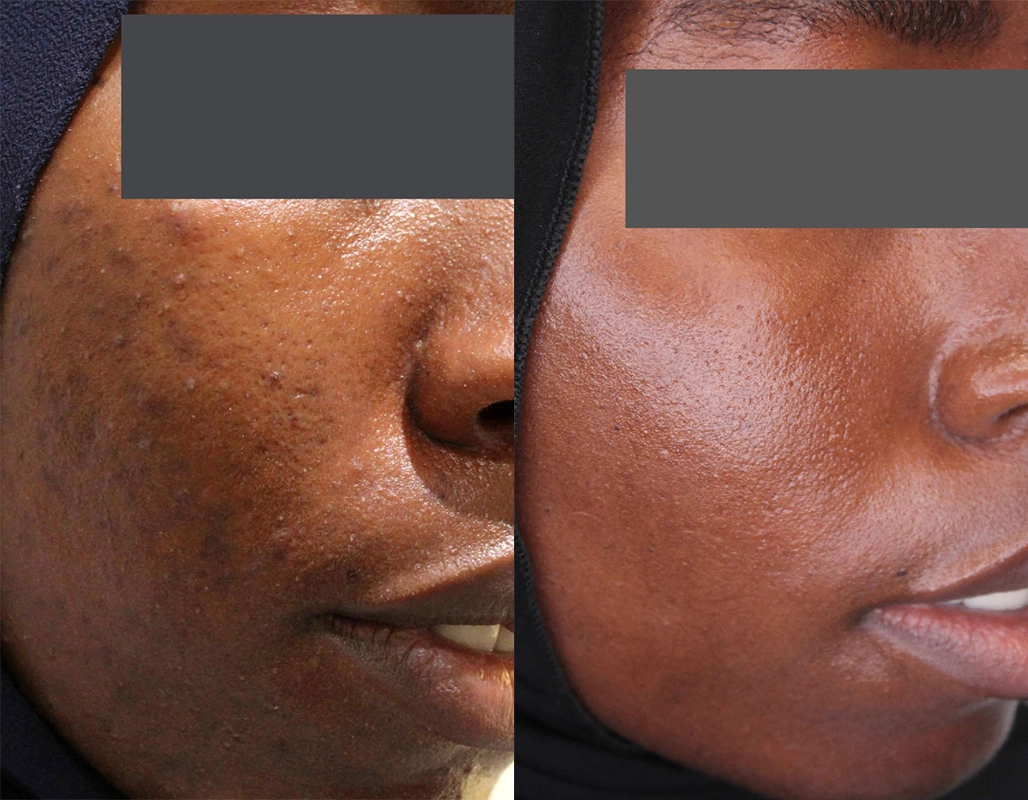
Before
After
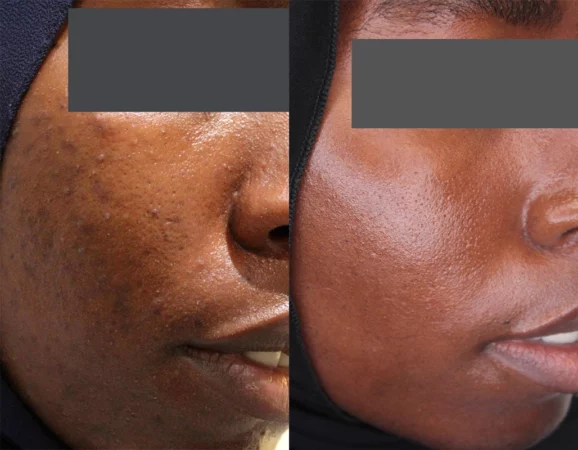
Post inflammatory hyperpigmentation treated with oral retinoids, SPF & topicals. PIH can self-resolve in some
Ask us more about this treatmant
Preferred Consultation
FAQs
When are creams used to treat psoriasis?
Topical treatments for psoriasis are usually most effective in patients with mild or mild-to-moderate forms of psoriasis. Creams, lotions & ointments can be used on the scalp, body, face & even the nails.
Prescription creams include- vitamin A, D, exfoliating creams & anti-inflammatory ointments.
Topical treatments can also help to maintain remission of psoriasis and help improve the patient’s quality of life.
How do topical treatments work?
There are many different topical treatments for psoriasis. They all work in different ways. Some topical treatments aim to normalise the abnormal skin growth in psoriasis while others aim to reduce the inflammatory process & thickening of the skin associated with this disease.
Treatments are aimed at reducing signs such as scaly skin, cracking of the skin, & dryness. Simple topical treatments such as moisturisers and bath oils can help prevent progression of psoriasis by preventing further damage to the skin from dryness. In mild-to-moderate psoriasis, these treatments may be enough to control the disease.
What topical creams are used in psoriasis?
There are many different products for use in treating psoriasis. Non-prescription options include moisturisers & emollients, bath oils, medicated shampoos & lotions. These can all be effective in helping treat psoriasis.
Topical treatments prescribed by our specialists include vitamin A & D creams, coal tar, anti-inflammatory creams & topical steroid agents. Often a combination of treatments is recommended.
How do chemical exfoliants reduce psoriasis?
The most common exfoliant is a beta-hydroxy-acid cream called salicylic acid. It works by removing the thick scales associated with psoriasis. Salicylic acid is also anti-inflammatory.
A simple skincare routine goes something like this-
- AM: Salicylic acid cream
- PM: Vitamin D cream
- Every second day: phototherapy
How can vitamin A help psoriasis?
Vitamin A is a powerful vitamin that helps reduce inflammation & cell turnover in psoriasis. It can also potentially accelerate treatments from phototherapy. Vitamin A can be used as a cream, or as tablets.
What does vitamin D do to skin?
Vitamin D helps with cell metabolism & turnover. Dermatologists use a variant of vitamin D called calcipotriol. Different formulations include gel, cream & lotion. Vitamin D is useful for treating scalp, body & nail psoriasis.
Why does coal tar smell so bad?
Unfortunately, there is no great way to hide the smell of coal tar. But if you are into organic skincare, it doesn’t get more organic than this.
Coal tar works by reducing the cell turnover, hence reduces the scales of psoriasis. It is also a potent natural anti-inflammatory. Dermatologists use two types of coal tar, LPC & crude coal tar. The latter smells worse but works better.
Products

O Cosmedics cleansing range
$63.00-$64.00

O Biotics 3D Hyaluronic Serum
From $97.00
Our specialist can formulate a mix of anti-inflammatory topicals as well as vitamin A & D creams. Creams are best combined with narrowband phototherapy for faster, more effective results.
Can topical creams be used with phototherapy?
In some cases your dermatologist may alter the timing of vitamin D cream application as light may, in some cases, degrade vitamin D.
Tip: using a moisturizer before narrowband phototherapy increases the light transmission through skin, making the procedure more effective.
What do anti-inflammatory creams do?
As the name suggests, they reduce inflammation in the skin. These preparations can be used on the face, scalp & body. To reduce side effects of these creams, dermatologists will incorporate vitamin A, D & exfoliants as part of rotational therapy.
Are topical treatments safe?
Because they are applied externally, the risk of serious side effects is much lower. However, they may not be as effective as systemic treatments (tablets) for all types of psoriasis.
Long-term use of some topical treatments can result in reduced effectiveness of the treatment. Often a cyclical approach to topical treatments can minimise this reduction in effectiveness over the longer term as well as reducing the likelihood of side effects.
Our dermatologists will use a combination of various topical treatments as well as systemic treatments. This tailored approach using topical treatments can often allow lower doses or shorter courses of psoriasis tablets being used thereby reducing potential side effects.
What happens if creams do not work for my type of psoriasis?
Many psoriasis patients would have tried some form of cream for their lesions, & in a significant percentage of cases, they just don’t seem to work. In some cases, the combination of creams may be wrong, in other cases creams are just not strong enough to do the job! Finding the correct combination is the key, but most importantly we try to find the trigger factors associated with psoriasis as well.
For patients who fail to respond to creams, phototherapy, a treatment using safe, medically prescribed UV light can help. In our hands, up to 90% of psoriasis lesions can be cleared using this method.
Learn more (link to phototherapy)
How can bath oils help in clearing psoriasis?
Excessive drying of the skin can cause worsening or relapse of psoriasis. Long hot showers, soaps, cold dry weather and aging all cause drying of our skin. Adding moisture to the skin on a regular basis can prevent drying and help maintain remission of treated psoriasis or prevent worsening of stable psoriasis.
Regular use of simple bath oils & moisturisers can also soften annoying scales and minimise cracking of the skin often experienced by psoriasis sufferers. We recommend QV, & Aveene products. A simple starting point is to have three baths per week.
What’s the summary with creams?
Individualised and often simple topical treatments are an essential part of treating psoriasis. They can benefit almost all patients with psoriasis. It is important that patients and doctors have realistic expectations when using topical psoriasis treatments.
More severe forms of psoriasis cannot usually be treated adequately with topical treatments alone, but they remain a fundamental part of combination therapy including narrowband light, tablets, & lifestyle changes.


